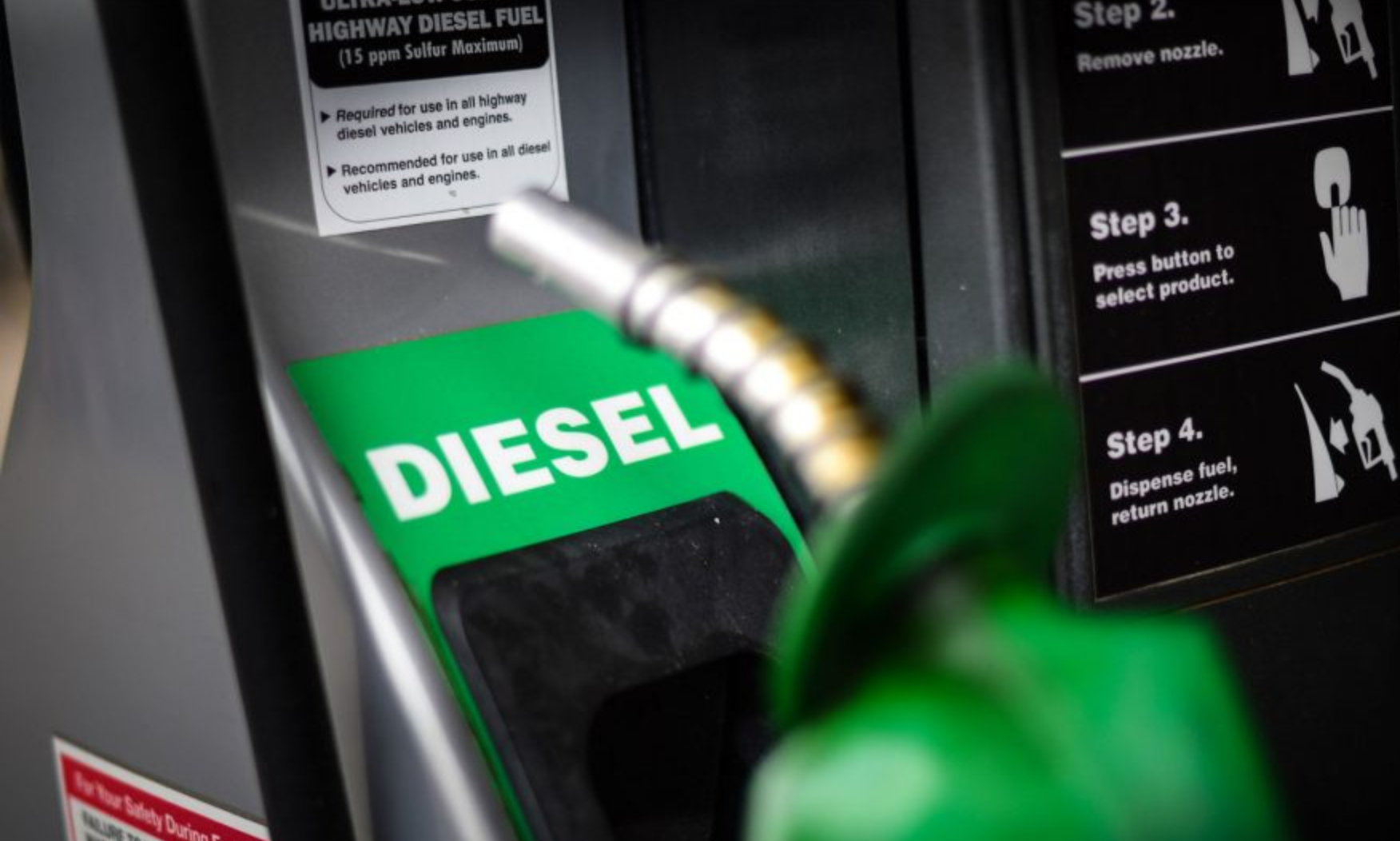The average retail price of Automotive Gas Oil, popularly known as diesel, surged to N1,813.50 per litre in June 2025, representing a sharp year-on-year increase of 23.98%, according to the latest data released by the National Bureau of Statistics (NBS). The figure, which was contained in the Bureau’s Diesel Price Watch report for June, underscores the mounting pressure on businesses and households amid Nigeria’s persistent energy cost crisis.
Compared to the average price of N1,462.40 recorded in June 2024, this new figure reflects a jump of over N350 per litre within a twelve-month period, further straining operating costs across various sectors, particularly transport, manufacturing, logistics, and agriculture — all of which are heavily reliant on diesel for powering machinery, vehicles, and generators.
The NBS report, made available also noted a marginal month-on-month increase in diesel prices, with the figure rising from N1,805.23 in May 2025 to N1,813.50 in June, indicating a 0.46% uptick within the space of 30 days. The marginal monthly change, though smaller than previous spikes, is consistent with the overall inflationary trend in the energy market.
According to the data, the states with the highest average diesel prices in June were Adamawa at N2,170.00 per litre, Sokoto at N2,144.00, and Bauchi at N2,122.22. On the other hand, the lowest prices were recorded in Kwara at N1,495.00, Niger at N1,500.00, and Kogi at N1,563.33 per litre — figures which analysts attribute to proximity to depots, relative transportation ease, and local supply dynamics.
Market analysts and energy experts who spoke attributed the continued rise in diesel prices to multiple factors, including foreign exchange volatility, import-dependent supply chains, global crude price fluctuations, and limited local refining capacity. Despite the commencement of operations by the Dangote Refinery, full-scale diesel production integration into the local market is still underway, meaning Nigeria remains largely dependent on diesel imports.
Small and medium-scale enterprises (SMEs) and manufacturers have expressed growing concern over the economic implications of the diesel price surge. Many operators say they are already forced to scale back production or pass on the added cost to consumers, compounding the burden of inflation already being felt across the country.
The diesel price increase also comes at a time when Nigerians are grappling with rising food prices, transportation costs, and a general cost-of-living crisis, placing additional pressure on the purchasing power of the average citizen.
As the federal government continues to push for energy reforms and a more diversified energy mix, stakeholders are calling for urgent interventions, including incentives for local refining, support for alternative energy sources, and stabilisation of the naira to cushion the impact of diesel price hikes on the economy.

